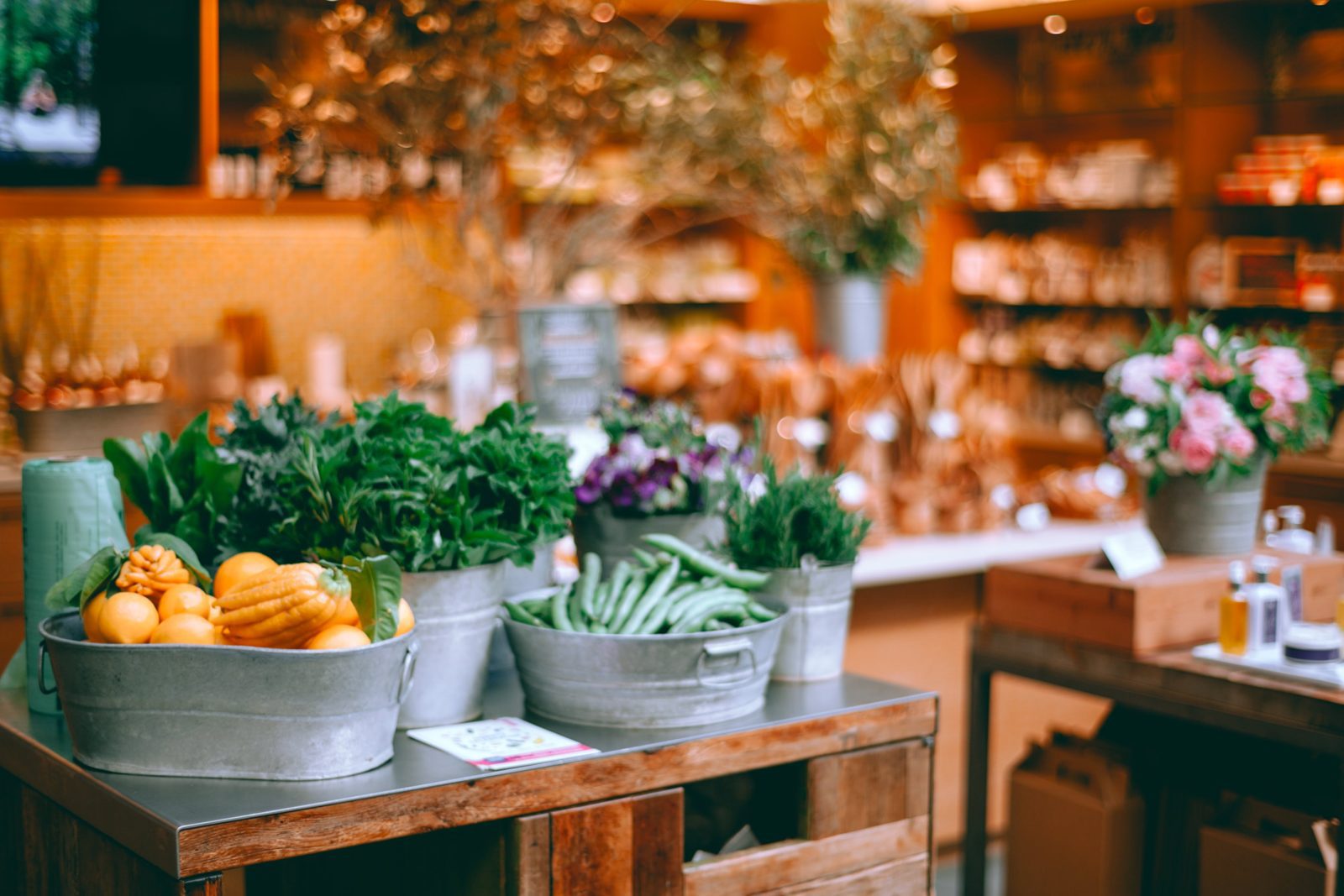The Czech Republic’s Prime Ministerblic, Petr Fiala, recently discovered what thousands of Czechs already knew – identical products from the same producers are simply more expensive in the Czech Republic. Not only that, these products appear to come in more extensive packaging in Germany.
The lower food prices, particularly in border regions, have long driven people to shop in Poland and Germany. This inspired the Prime Minister to check the price differences himself. Fiala traveled to the German town of Waldsassen, which borders Cheb in the Czech Republic. For his control purchase, he chose nine items, including milk, butter, bread, chocolate, ketchup, Nutella, and Coca-Cola. The total cost was just under 20 Euros, or around 500 Czech koruna.
When he went shopping for the same products in Cheb, he found that the identical items were more than 60 koruna more expensive. While some grocery items were only slightly cheaper in Germany, others, like butter, were more than a third cheaper.
Fiala found a similar significant price difference with Nutella. He purchased it for 169.90 Kč in Czech, while in Germany, it cost the equivalent of 113.30 Kč. However, the Czech packaging only weighed 600 grams, while the German one weighed 750 grams. Therefore, the price of Nutella in the Czech Republic is almost double that in Germany.
Similar discrepancies were found with Coca-Cola. The adjusted price of 36.80 Kč for a bottle in Germany applies to a volume of 1.25 liters, while a liter costs 29.40 koruna. A liter bottle purchased in Cheb cost 32.90 Kč.
Despite manufacturers and sellers unanimously claiming that their margins are reasonable, prices in the Czech Republic remain dismal compared to the purchasing power of German consumers. Following his small control purchase, the Prime Minister reiterated that the government will continue checks and pressure on producers and sellers, as it cannot influence price formation. He will want to hear a “public explanation” from manufacturers, especially international companies.






